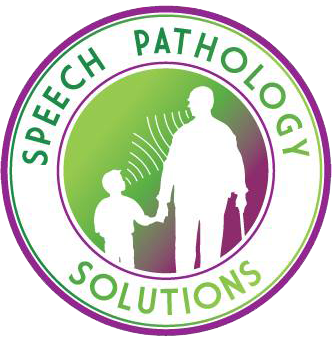quality speech language services
Voice therapy is an intervention used to help individuals with voice-related difficulties, such as vocal nodules, laryngeal paralysis, or dysphonia. It focuses on improving the quality of sound produced by a person’s voice, as well as developing healthy voice production habits. The goals of voice therapy are to improve vocal range and intelligibility, reduce strain on the vocal cords, increase breath support for enhanced vocal endurance, and improve overall vocal hygiene. Our speech pathologists use various techniques and exercises to help individuals reach these goals. We will assess our patient’s current level of communication ability and create an individualized treatment plan to meet their specific needs.



who we help
Browse our services by age group, and learn more about how we can help you according to your individual needs.
frequently asked questions
conditions such as vocal cord damage, voice disorders, and speech impediments. It can also be helpful for individuals who use their voice professionally, such as singers and actors, as well as people who have difficulty speaking due to a stroke or other neurological disorder. Voice therapy can also be used to help people who are recovering from laryngectomy, a surgical procedure that removes part or all of the larynx.
There are several different types of voice therapy, each with their own specific techniques and goals. Some common types of voice therapy include:
Behavioral voice therapy, which focuses on changing an individual's vocal behavior through techniques such as voice projection and pitch control.
Functional voice therapy, which focuses on improving an individual's ability to use their voice for functional communication, such as speaking on the phone or giving presentations.
Lee Silverman Voice Treatment (LSVT), a therapy that targets individuals with Parkinson's disease and other neurological conditions that affect the voice.
Voice repair therapy, which is used to help individuals recover from vocal cord damage or surgery.
Behavioral voice therapy focuses on changing an individual's vocal behavior through techniques such as voice projection and pitch control.
Functional voice therapy focuses on improving an individual's ability to use their voice for functional communication, such as speaking on the phone or giving presentations.
LSVT targets individuals with Parkinson's disease and other neurological conditions that affect the voice.
Voice repair therapy is used to help individuals recover from vocal cord damage or surgery.
Voice therapy is typically conducted by a speech-language pathologist or a voice therapist, who will work with the individual to develop a treatment plan based on their specific needs and goals. The therapy sessions may take place one-on-one or in a group setting, and may include a combination of exercises, techniques, and activities to improve the individual's voice and speech. The therapy may also include the use of visual aids, such as mirrors and videos, to help the individual understand and improve their vocal technique.
insurances accepted





be the best version of yourself -
we'll help you along the way

gain confidence to speak with ease

showcase real academic abilities

connect deeply & genuinely with others

reclaim lost skills & independence



